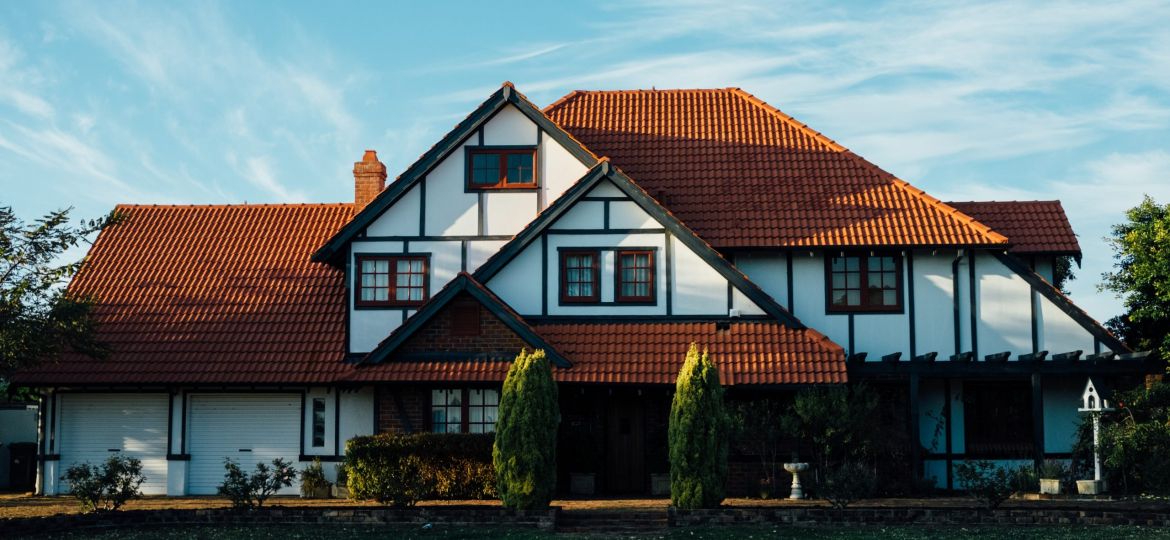
- Tax breaks. The U.S. Tax Code lets you deduct the interest you pay on your mortgage, your property taxes, as well as some of the costs involved in buying your home.
- Appreciation. Real estate has long-term, stable growth in value. While year-to-year fluctuations are normal, median existing-home sale prices have increased on average 6.5 percent each year from 1972 through 2005, and increased 88.5 percent over the last 10 years, according to the NATIONAL ASSOCIATION OF REALTORS®. In addition, the number of U.S. households is expected to rise 15 percent over the next decade, creating continued high demand for housing.
- Equity. Money paid for rent is money that you’ll never see again, but mortgage payments let you build equity ownership interest in your home.
- Savings. Building equity in your home is a ready-made savings plan. And when you sell, you can generally take up to $250,000 ($500,000 for a married couple) as gain without owing any federal income tax.
- Predictability. Unlike rent, your fixed-mortgage payments don’t rise over the years so your housing costs may actually decline as you own the home longer. However, keep in mind that property taxes and insurance costs will increase.
- Freedom. The home is yours. You can decorate any way you want and benefit from your investment for as long as you own the home.
- Stability. Remaining in one neighborhood for several years gives you a chance to participate in community activities, lets you and your family establish lasting friendships, and offers your children the benefit of educational continuity.
Online resources: To calculate whether buying is the best financial option for you, use the “Buy vs. Rent” calculator at www.GinnieMae.gov.

